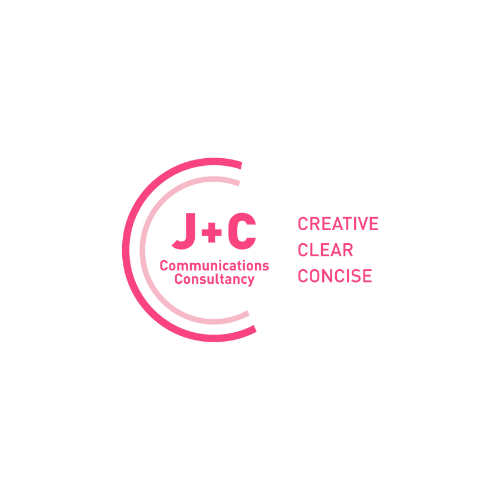Build Trust, Drive Growth
- Jive Bullock
- Oct 18, 2024
- 2 min read
Updated: Mar 26, 2025
Efficiency and aesthetic appeal reign supreme in today’s fast-paced business environment. While the tendency to gravitate to what is easy, bold, and beautiful is understandable, the power of trust as a driver of growth must not be underestimated.
Trust is the cornerstone of any relationship. In its absence, you cannot cultivate depth nor longevity. When it is weakened or lost, the connection will inevitably crumble unless concrete rebuilding measures are swiftly taken.

“As Within, So Without”: High-Performers Thrive on Trust
Executives and management are relentlessly pursuing a magic formula to foster high employee workplace satisfaction. This is because the idea that “happy workers are productive workers” has pivoted from being a catchphrase to an actual strategic operational necessity.
Last year, Forbes reported the results of a Management Science study that presented evidence on the positive impact of happiness on employee productivity. Said study found that on a scale of zero to ten, “each one unit increase in happiness led to a 12% increase in productivity” – significant values for any growth-driven group.
So where does trust figure in the equation? More than “Social Fridays”, hip in-house recreational spaces, or the potentially swanky team building excursions, people need to feel trust in the workplace. They must trust in their capabilities, colleagues, and in company leadership to feel professionally fulfilled.
There is also a close correlation between trust and productivity. In his research, neuroscientist Paul Zak discovered that creating a culture of workplace trust leads to improved employee performance.

The Role of Effective Communication in Trust-Building
In some ways trust is instinctive.
If you need guidance, your response is to seek out someone you trust.
At work, bosses immediately have a trusted person in mind whom they know could get a specific task done.
However, since trust is embedded in the choices we make, we forget that trust must be patiently built and proactively maintained.
In this regard, the importance of effective communication as a key to trust-building cannot be overemphasized.
Leaders trust in communication and communicate trust in attaining strategic goals. They know that communicating clearly, intentionally, and openly from within yields benefits from without.
Their employees thrive, outperform, and innovate.
The group's vision, as well as its internal and external values easily align.
Stakeholder relations are significantly enhanced.
The end result – strong, reputable businesses and organizations that inspire loyalty among employees, clients, and consumers.
To secure sustained long-term growth, make trust a strategic thrust.
Thank you for reading! If you would like to optimize communications within your group, we'd love to hear from you.



